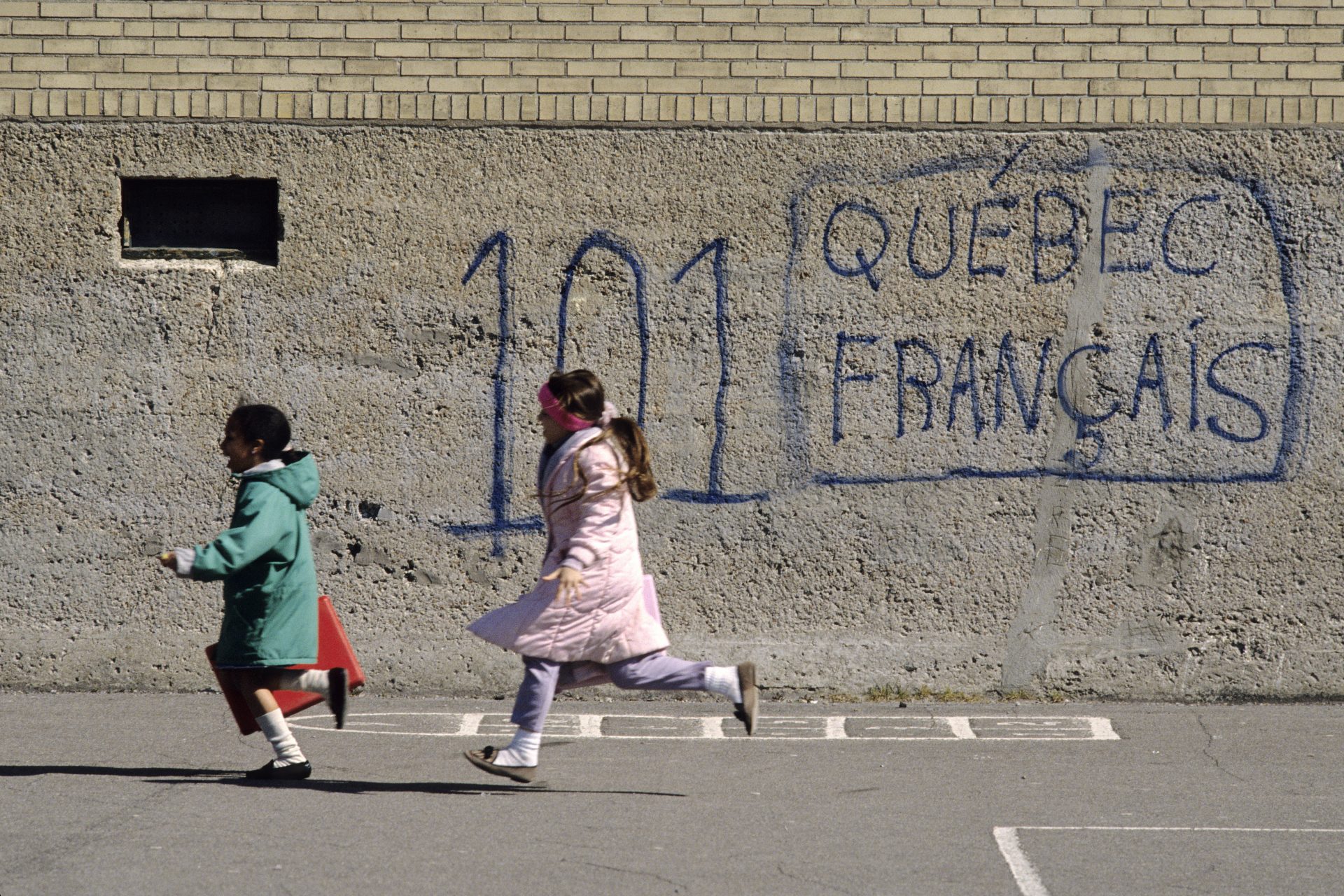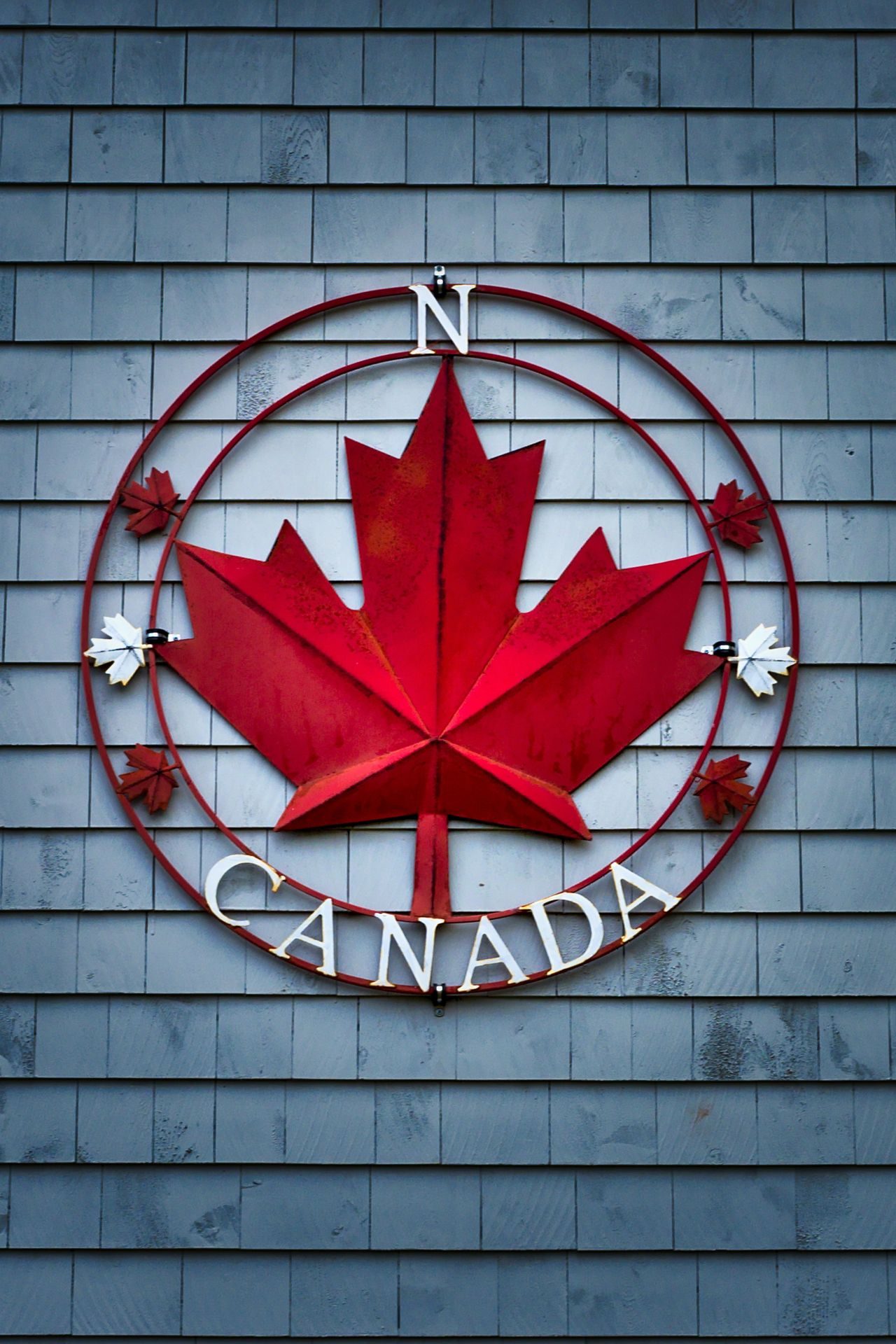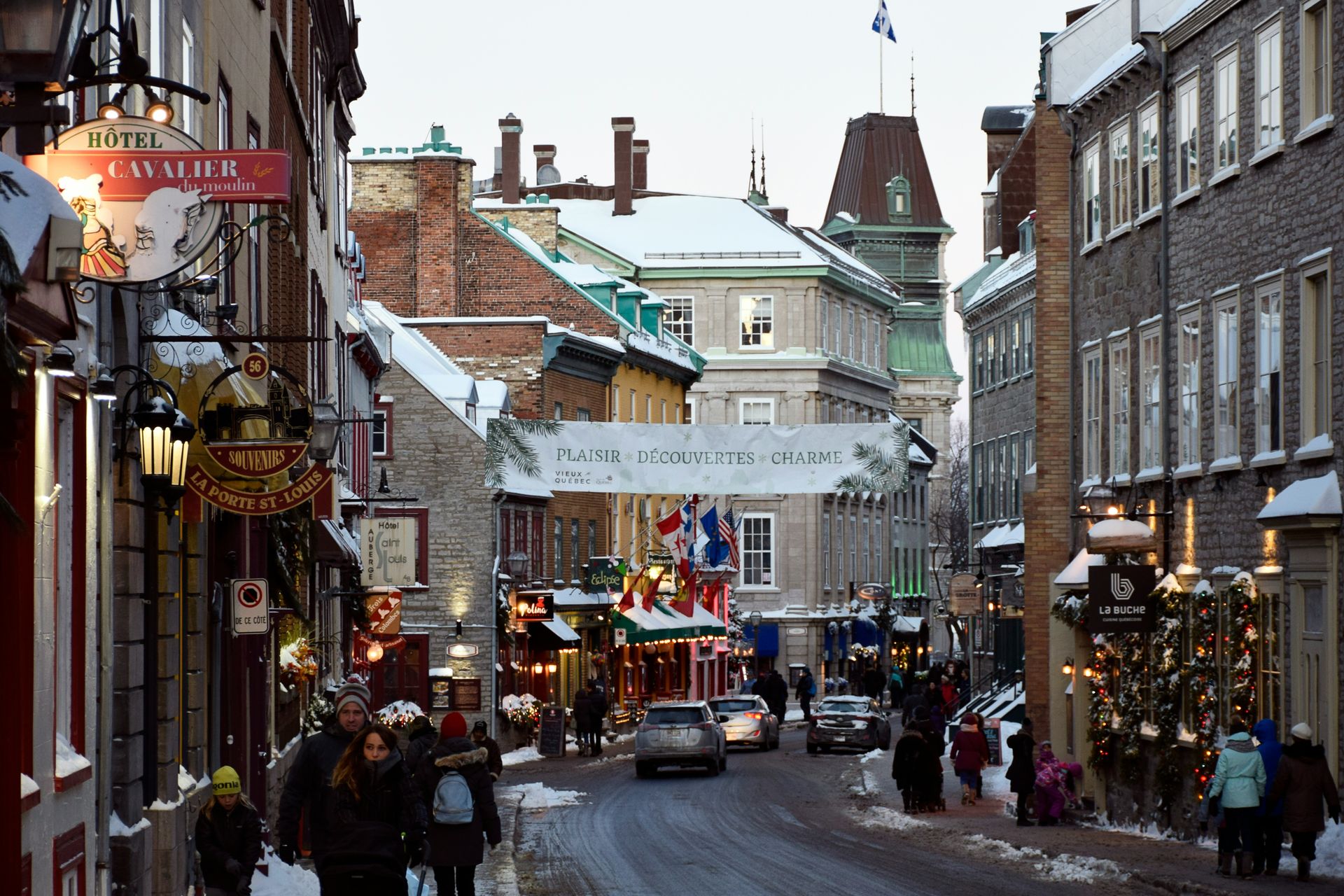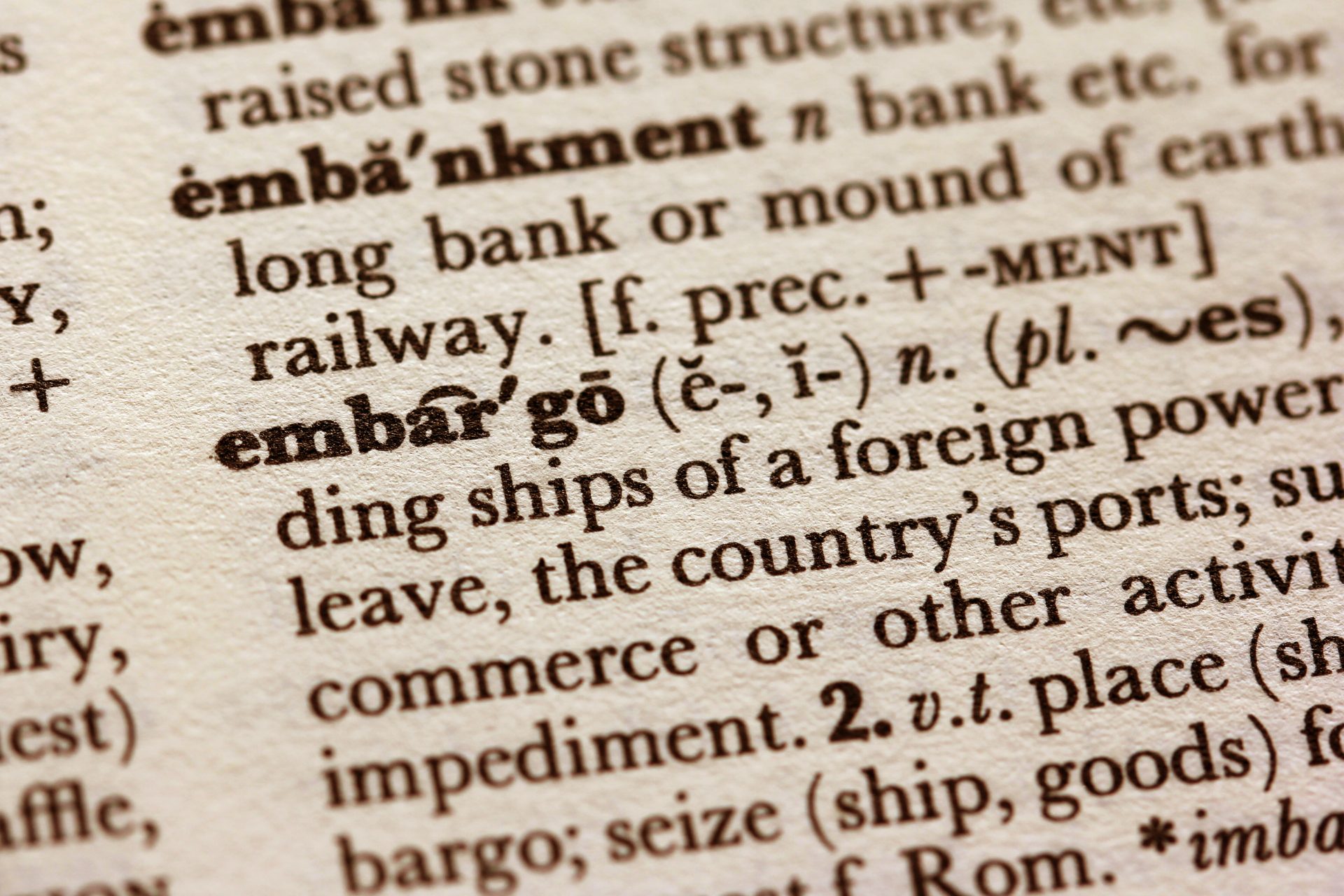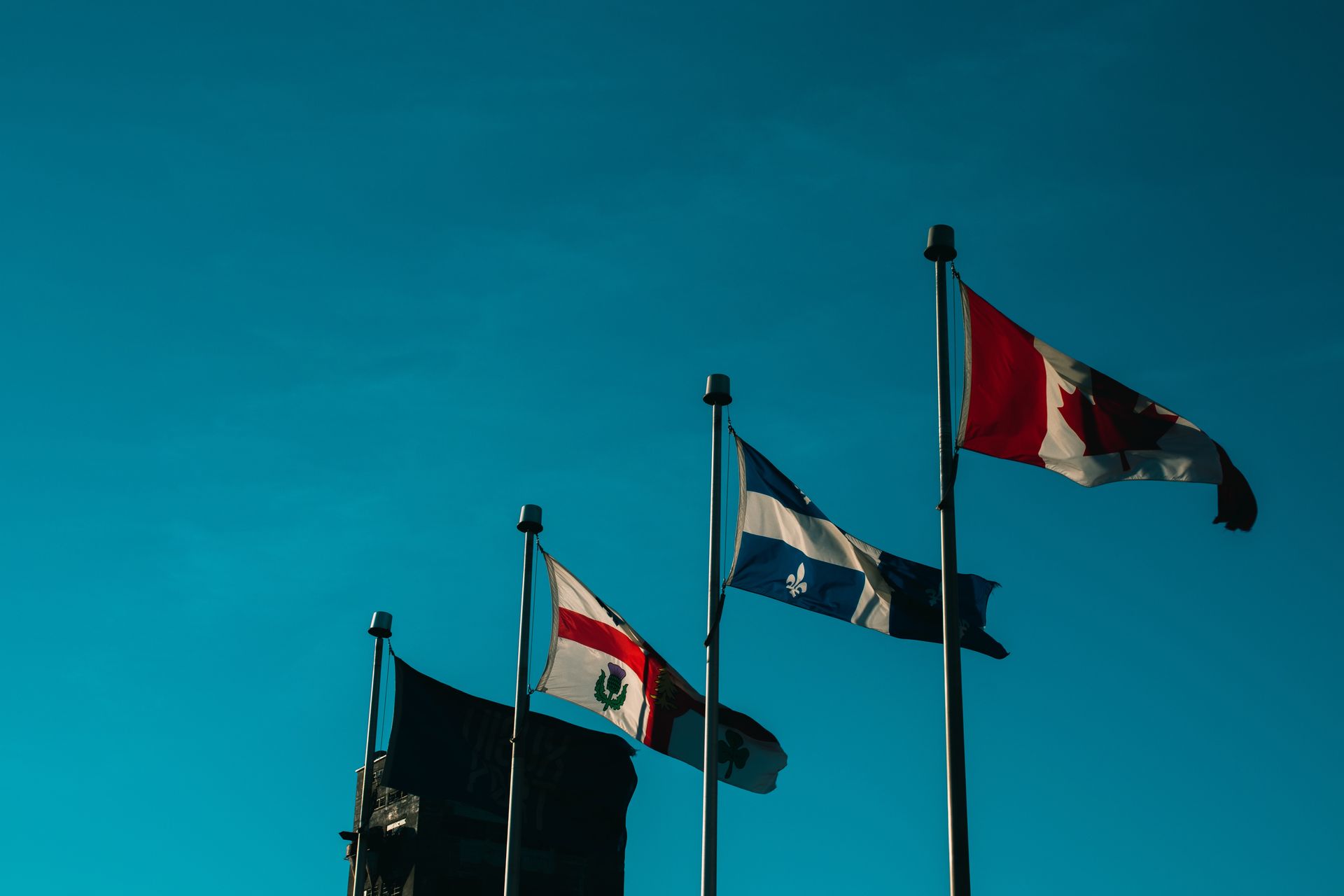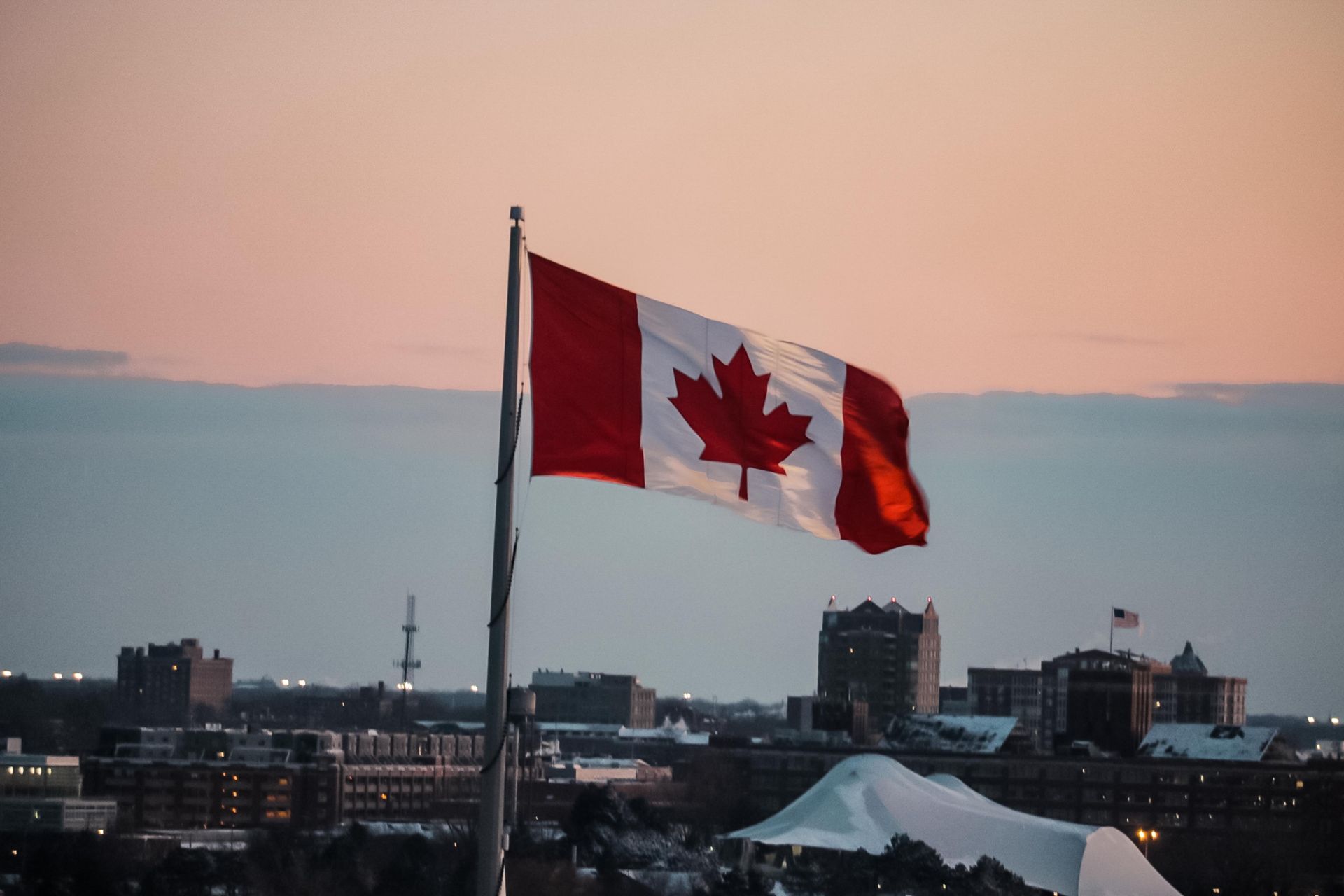Is the use of French in Canada in an irreversible decline?
Canada has always been a bilingual country, where a significant French-speaking minority (particularly in Quebec) lives alongside the English-speaking majority. But is the use of French still a predominant practice in the country today?
According to 2021 census data published by Statistics Canada, the number of French speakers has increased since 2016, from 7.7 to 7.8 million speakers.
@Eric Prouzet / Unsplash
However, this increase was less rapid than that of the entire Canadian population over the same period. The proportion of Francophones has therefore decreased in Canada, going from 22.2% in 2016 to 21.4% in 2021.
@Sondoce wasfy / Unsplash
'Radio Canada' points out that this is a long-term trend: in 1971, the year of the first census in Canada, French was the first language spoken by 27.2% of Canadians.
@Sandy Millar / Unsplash
A French-speaking stronghold, Quebec is not immune to this development either, as the same radio indicates: the share of French speakers there increased from 79% in 2016 to 77.5% in 2021.
@Ahmed Neji / Unsplash
Apart from Gaspésie-Îles de la Madeleine, all regions of Quebec are affected by this relative decline of French, with a particularly marked decline in Nord-du-Québec and Montreal.
@Guillaume Jaillet / Unsplash
The 2021 census revealed that, for the first time, English is the first language spoken by more than a million people in Quebec.
What are the causes of this phenomenon? The Canadian Statistics Office explains this by the younger average age of English speakers, whose death rate is therefore lower than that of French speakers.
Statistics Canada has also mentioned migration between Canadian provinces as a factor in the evolution of the distribution of French and English speakers.
@Zia Syed / Unsplash
“The census data on official languages is worrying,” commented Ginette Petitpas-Taylor, the federal Minister of Official Languages from 2021 to 2023, in a press release, who considered that French was threatened in Canada.
At the time the census was published, the Quebec government had also adopted a new law to restrict the use of English in public services.
In reality, these legislative efforts only concern public space. However, the use of English is also developing in the private sphere, as sociologist Jean-Pierre Corbeil explains to 'Radio Canada'.
@Estée Janssens / Unsplash
Furthermore, sociolinguist Calvin Veltman indicated in an article in 'The Conversation' that English speakers also learn French.
“French continues to progress among English speakers and allophones, which makes it possible to fully compensate for the losses observed in the French-speaking group and which even causes a certain growth in spoken French,” indicates this academic in the same article.
The different languages therefore coexist in Canada, a country which has practiced “institutional bilingualism” since the Official Languages Act of 1969.
@Brett Jordan / Unsplash
Former Minister of Official Languages of Canada, Mélanie Joly indicated in a 2021 press release that this law had “protected the rights of our official language minority communities” and allowed French-speaking Canadians to pursue careers in the federal public service.
Fifty years after its adoption, a new law on indigenous languages was passed in 2019, in an effort to preserve the linguistic diversity of Canada.
So, is French collapsing in Canada? For Calvin Veltman, only the “fearful” think that the introduction of English among French speakers will make it disappear completely.
It would rather be "the result of an increasingly educated society, a situation perhaps comparable to that of the Scandinavian countries where tolerance towards linguistic minorities is very great, but where the latter clearly recognize the primacy of the national language,” concludes the researcher.
@sebastiaan stam / Unsplash
More for you
Top Stories



